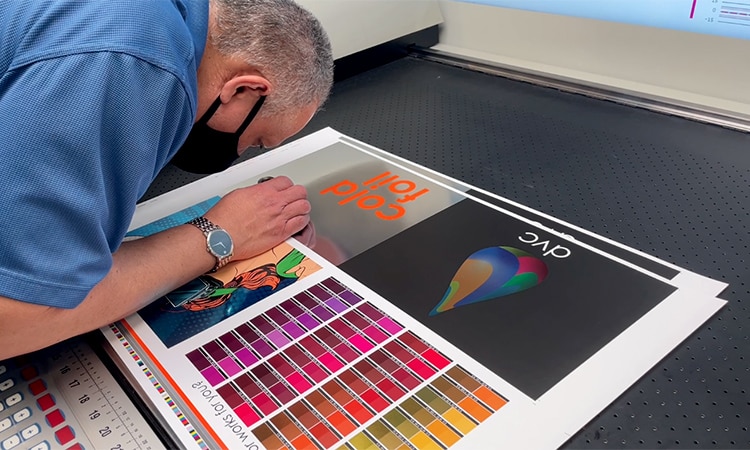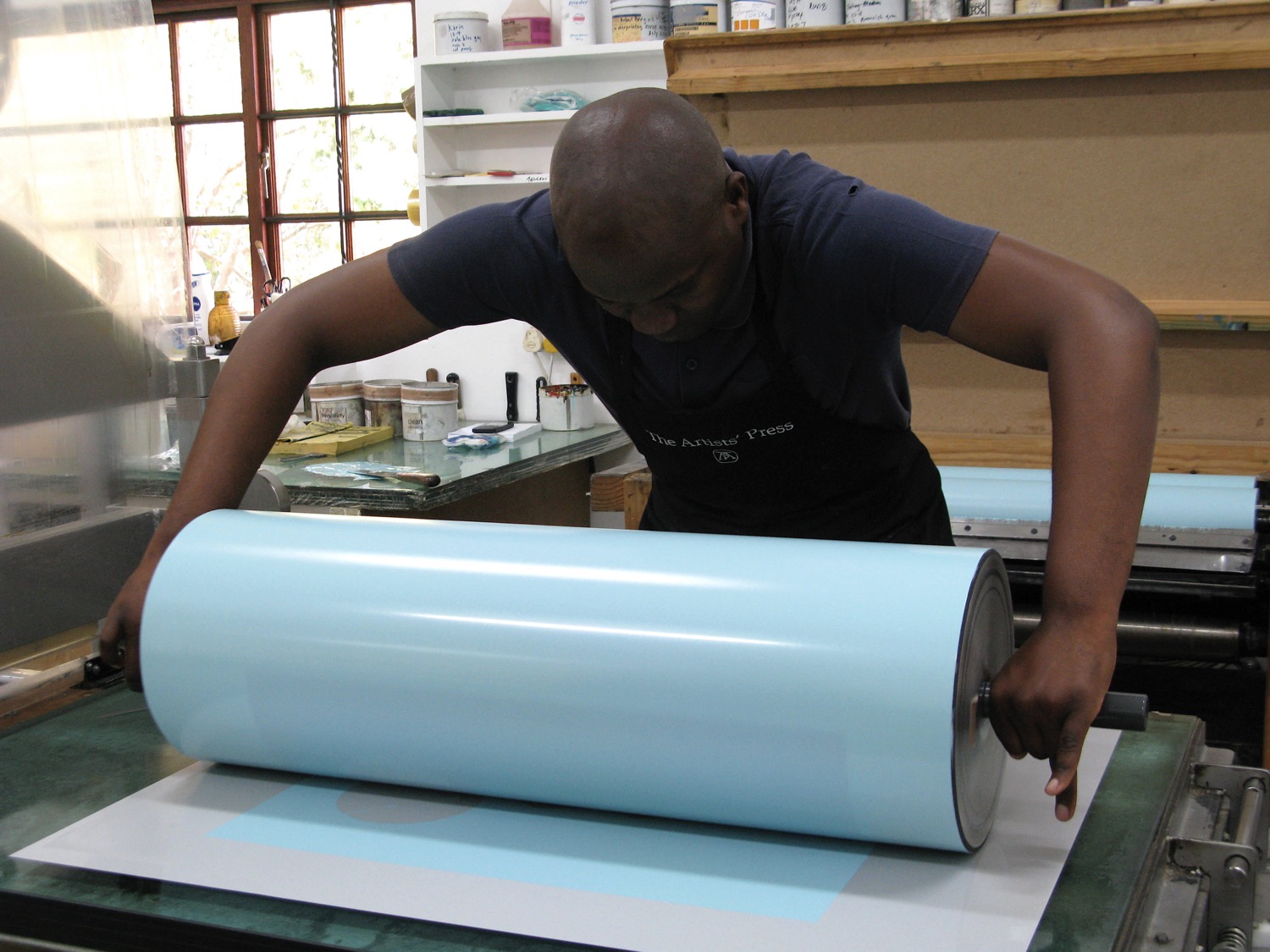Unique Designs Enhanced Through litho printing
Unique Designs Enhanced Through litho printing
Blog Article
A Comprehensive Guide to Comprehending Litho Printing Strategies
The world of litho printing, a method stemming from the late 18th century, is a fascinating blend of background, art, scientific research and technology. Remain with us as we journey right into the exciting realm of litho printing.
The Historic Evolution of Litho Printing
The historic trajectory of litho printing, a pivotal development in the realm of communication, is a captivating tale of human ingenuity. Birthed in the late 18th century by Alois Senefelder, this strategy was initially a cost-effective technique of publishing staged jobs. Lithography, originated from the Greek words for 'rock' and 'to create', utilized a smooth stone surface area to transfer pictures onto paper. The process progressed with the arrival of the rotating press, which substantially enhanced productivity (litho printing). In the 20th century, the technology of offset lithography reinvented the sector, allowing for mass production of top notch prints. Each phase of litho printing's development showcases mankind's relentless pursuit of effectiveness and quality in visual communication.
Decoding the Science Behind Litho Printing Inks
Progressing in the expedition of litho printing strategies, the focus currently shifts to the scientific research behind litho printing inks. The structure of these inks, their drying procedure, and shade mixing methods create the backbone of this complicated art type. Recognizing these elements is critical to understanding the craft and attaining the desired print results.
Structure of Litho Inks
In lithographic printing, the fundamental duty of litho inks can not be overemphasized. Pigments, the color-providing components, are carefully ground fragments suspended in the automobile, a fluid that carries the pigment onto the printing surface. Each element plays a crucial component in the last print's high quality, making the exact formulation of litho inks a detailed scientific research.
Ink Drying Refine
From the composition of litho inks, focus transforms to the interesting process of ink drying. Two key approaches are utilized in litho printing: oxidative drying and absorption. Absorption, on the various other hand, entails the ink leaking right into the paper fibers, which is a quicker process but can lead to much less vivid colors.
Color Mixing Techniques
While the drying out process plays a vital role in litho printing, the scientific research of shade mixing techniques holds equivalent significance. The science behind litho printing inks also takes right into account the transparency of the ink, which influences how colors overlay and mix.
The Art and Style Elements in Litho Printing
Litho printing breathes life right into art and design with its distinct components. The process entails creating a picture on a lithographic limestone plate or steel plate with a smooth surface area. The picture is after that published onto a medium, usually paper, by moving the ink from the plate. What collections litho printing apart is its capacity to replicate elaborate layouts with high integrity, making the result nearly the same to the initial artwork. This is attained with using various line strategies such as hatching, stippling, and cross-hatching, which permit an array of tonal results. Moreover, litho printing fits a variety of shades, enabling artists to create vibrant and visit site vivid prints. This combination of accuracy and versatility makes litho printing a recommended selection for many musicians and developers.
Modern Applications of Litho Printing Methods
Litho printing strategies have actually located extensive usage in the modern-day commercial sector. Its influence and relevance continue to expand with the advent of new developments and technologies in the area. This section will check out these contemporary applications and the transformative duty they play in the printing sector.
Business Litho Printing Utilizes
Litho printing stays a vital component of the business sector. High-volume printing tasks, such as the production of books, newspapers, and packaging, rely on litho printing for its ability to deliver superior photo high quality and expense performance. Litho printing also gives a wide shade spectrum, superior to that of electronic printing.
Innovations in Litho Printing
Pushing the boundaries of conventional methods, modern-day advancements have fueled a host of developments in litho printing. One prominent advancement is digital litho printing, which incorporates the virtues of digital innovation with litho's premium result. These advancements emphasize the enduring relevance of litho printing in the modern-day world.
Discovering the Process of Litho Printing: Action by Action

Obstacles and Solutions in Contemporary Litho Printing

Regardless of the precision and practice that litho printing happily promotes, it is not without its set of modern difficulties. One of the most common issues consist of the high first arrangement expense, problem in printing variable data, and environmental worries as a result of chemical use. Remedies are emerging as modern technology evolves. Digital litho printing allows for affordable brief runs and simple customization, addressing the problem of variable information. Environmentally-friendly inks and safer plate-making processes reduce ecological concerns. Furthermore, developments in automation have minimized labor prices, further democratizing the lithography process. Thus, while there are challenges, the litho printing next market is proactively adapting to satisfy them head-on, guaranteeing its significance in the future.
Verdict
In verdict, litho printing, with its abundant background and scientific details, holds a substantial area in the print market. The future of litho printing pivots on its capacity to adjust to these changing demands, verifying its long-lasting worth in an evolving market.

Report this page